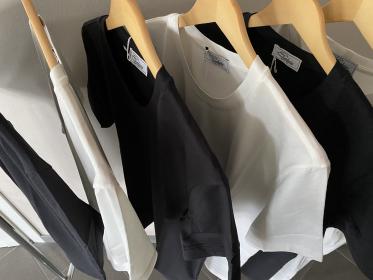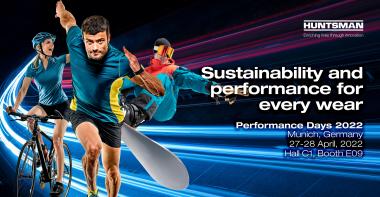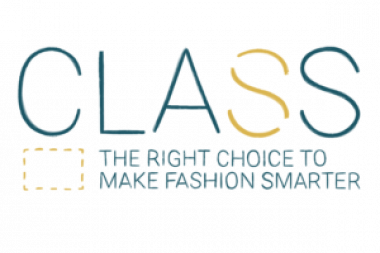Lenzing invests in renewable energy expansion
- Partnership with green power producer Enery and Energie Steiermark realizes construction of a photovoltaic plant with 5.5 MWpeak capacity
- Strategic investments in renewables boost energy independence and reduce carbon footprint
The Lenzing Group has signed an electricity supply contract with green power producer Enery and Energie Steiermark to finance a photovoltaic plant in the Deutschlandsberg region (Styria). The electricity generated will supply the fiber and pulp plant at the Lenzing site after commissioning from the fourth quarter of 2023. The electricity supply contract is limited to 20 years.
The plant’s output will amount to 5.5 MWpeak. This corresponds to the average annual electricity demand of more than 1,700 households. Several photovoltaic systems are already being installed at the Lenzing site, including the largest ground-mounted plant in the province of Upper Austria, whose commissioning is imminent.
In 2019, Lenzing became the first fiber manufacturer to set a target to reduce its carbon emissions by 50 percent by 2030 and to be climate neutral by 2050. This carbon reduction target has been confirmed by the Science Based Targets Initiative. Lenzing is also currently investing in reducing carbon emissions at other sites worldwide. Only recently, the Lenzing Group announced that its Indonesian site will also be relying on green energy in the future.
Lenzing AG





























